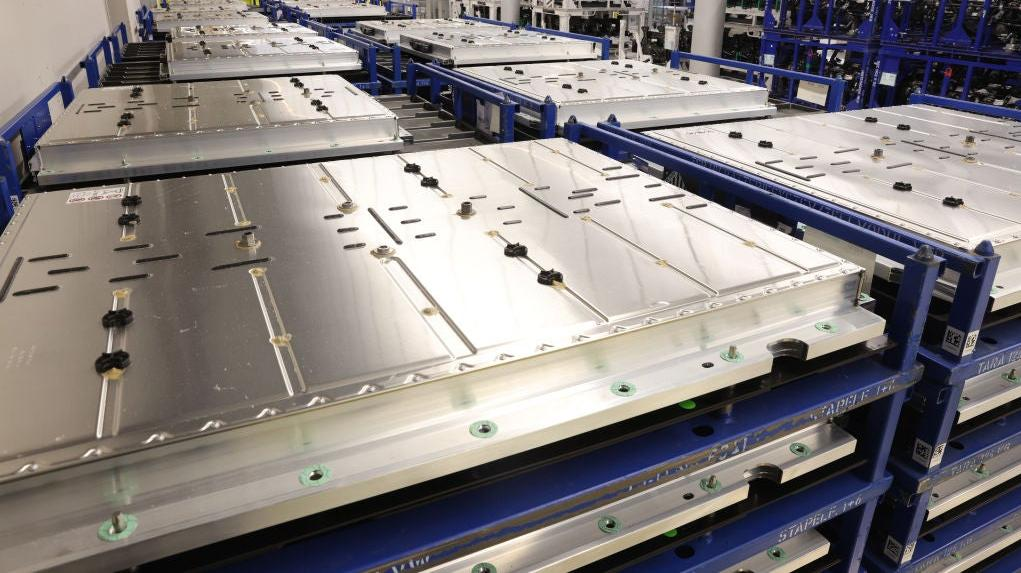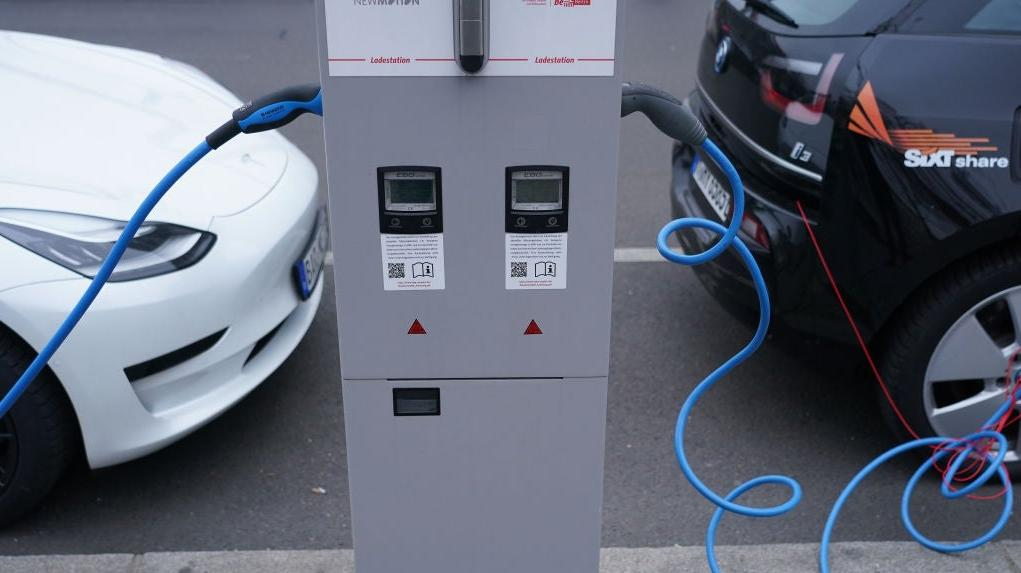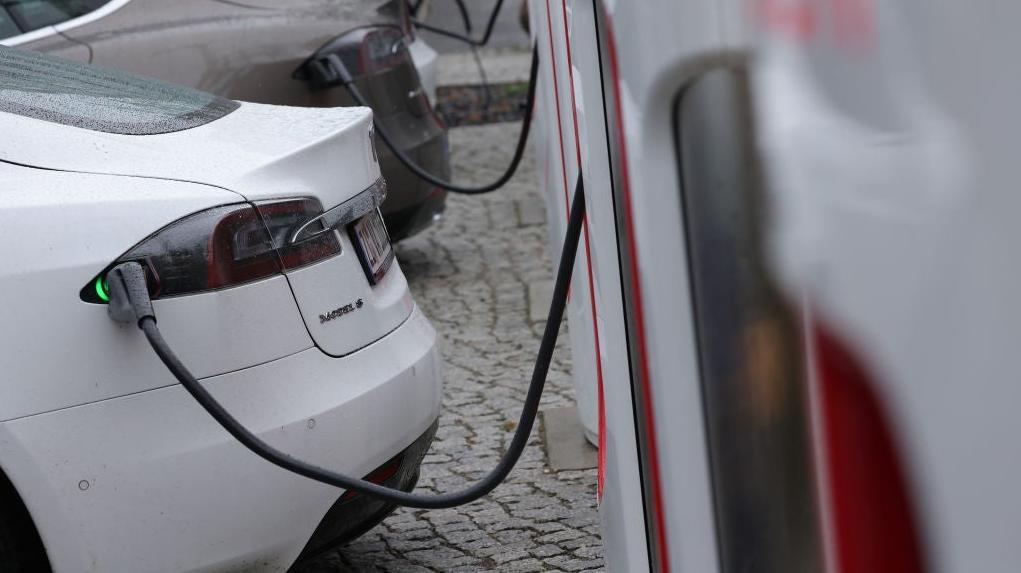The EU Says The Proposed U.S. EV Tax Credits Are Biased Against Foreign Companies
U.S. automakers aren't the only ones unhappy with domestic EV rules outlined by the Inflation Reduction Act.
The European Union is claiming that the latest EV tax credits in the U.S. would exclude foreign car producers unfairly. The EU says its members are "deeply concerned" about the domestic sourcing and production requirements in the proposed Inflation Reduction Act, according to Reuters.
Worse still, the EU also says the U.S. would breach World Trade Organization rules if the new EV tax credits are passed and signed into law. It now looks like automakers in the U.S. aren't the only ones upset with the proposed tax credits, which outlines strict eligibility rules based on the origin of battery components and the assembly of the EVs themselves.

The new tax credits would apply to EVs powered by batteries with metals that were mostly mined and processed within the U.S. and also assembled in North America. The amount of domestic battery components needed to qualify start at 50 percent by 2024 but go up to 100 percent by 2029. EVs that satisfy the requirements would be eligible for the full federal subsidy of $7,500.
But EVs that contain Chinese battery components would no longer qualify in 2023, which means that many EV models currently sold in the U.S. will be ineligible for the tax credits in the near future.
Carmakers still rely greatly on China for metals processing, even U.S.-based auto companies like Tesla and GM. Now, Officials with the EU are backing the automakers that want the U.S. government to change the EV tax credits, saying:
We think it's discriminatory, that it is discriminating against foreign producers in relation to U.S. producers [...] Of course this would mean that it would be incompatible with the WTO [...] we need to ensure that the measures introduced are fair and ... non-discriminatory. So we continue to urge the United States to remove these discriminatory elements from the bill and ensure that it is fully compliant with the WTO.
The EU's criticism is that the credits exclude foreign EVs and favor domestic EVs. It's no wonder the foreign bloc is unhappy about the new rules, but that's sort of the point of the proposal, isn't it?
The tax credits intentionally cut out foreign-sourced EVs as an incentive to start sourcing and assembling EVs within the country. The Biden administration wants to funnel the auto industry's investments back into the U.S. and boost domestic production; the new EV tax credit rules are just one part of that plan, and of a larger $430 billion climate and energy bill that's supposed to boost EV infrastructure in the U.S.
The Inflation Reduction Act was passed by the U.S. Senate on Sunday, but has yet to be passed by the House of Representatives. If it does pass there, it will only need to be signed by President Joe Biden in order to be ratified into law.

